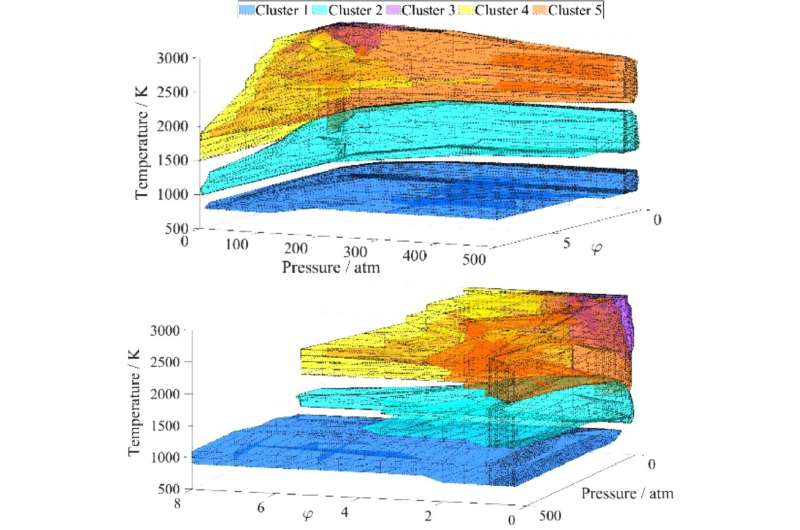Expanding research into the chemistry of environmentally friendly power generation

In Hungary, the majority of households use natural gas for heating. It is one of the most environmentally friendly ways of keeping our homes warm.
However, natural gas also plays an important role in electricity generation. Solar and wind power generations have high fluctuations, and an effective way to compensate for this is to use gas turbines and gas engines based on natural gas combustion, which can quickly make up for the missing electricity.
A significant proportion of natural gas is methane to varying degrees depending on the area; in Hungary natural gas contains nearly ninety-seven percent methane. In order utilize this colorless, odorless, flammable substance more efficiently in environmentally friendly power generation, it is important to study the explosion of methane-air mixtures, the spread of flame in gas engines, and the formation of harmful pollutants during the combustion of natural gas.
The Chemical Kinetics Laboratory of the Institute of Chemistry and the Department of Applied Analysis and Computational Mathematics of the Institute of Mathematics at ELTE—Éva Valkó, Máté Papp, Peng Zhang and Tamás Turányi—investigated the ignition of methane-air mixtures based on a detailed reaction kinetics model.
The sensitivity vector of the ignition time was calculated by varying the initial temperature (T), pressure (p) and methane-to-air equivalence ratio (ϕ) over a wide range. A cluster analysis of the resulting more than 14 thousand sensitivity vectors showed that five domains can be identified in the (T, p, ϕ) space, and that in each domain a different set of chemical reactions leads to methane ignition. The results were published in the Proceedings of the Combustion Institute.
“Operation of gas engines include compressing a mixture of natural gas and air rapidly to reach a given temperature and pressure. The time to explosion for this high-pressure, hot gas mixture is critical. If a reliable computer model based on a detailed reaction mechanism is available, it can be used to determine whether or not an explosion will occur,” says Prof. Tamás Turányi, the head of the research.
For years, Tamás Turányi’s research group has also been investigating the so-called e-fuels, which can overcome the above mentioned limitation of renewable energy production, namely the large fluctuations in the amount of electricity produced. In e-fuels, the energy content of excess electricity can be stored and then converted back into electricity. One such fuel is ammonia, which has the advantage of being produced using mature technology and is easy to transport and store.
More information:
Éva Valkó et al, Identification of homogeneous chemical kinetic regimes of methane-air ignition, Proceedings of the Combustion Institute (2022). DOI: 10.1016/j.proci.2022.07.186
Citation:
Expanding research into the chemistry of environmentally friendly power generation (2022, December 16)
retrieved 16 December 2022
from https://phys.org/news/2022-12-chemistry-environmentally-friendly-power-generation.html
This document is subject to copyright. Apart from any fair dealing for the purpose of private study or research, no
part may be reproduced without the written permission. The content is provided for information purposes only.
For all the latest Science News Click Here
For the latest news and updates, follow us on Google News.

